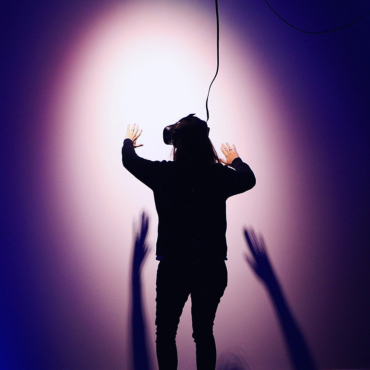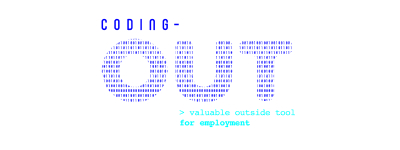
ARISA Child
Assessing the Risk of Isolation of Sentenced and Accused: Enhancing the Capacity of Correctional Services to Work with Convicted Children
Reducing Reactive Aggression through Virtual Reality
Timeframe
09/2022 – 08/2025 (36 months)
Get in touch

Despite the rates of aggression and conflicts being frequently unreported, evidence shows that environmental factors in prison institutions are significantly associated with levels of misconduct, reactive aggression, infractions, and violence.
Reactive aggression is typically connected to perceptions of threat, danger, provocation, or frustration associated with feelings of anger and rage.
The VR4React project aims to target reactive aggression within inmates through direct action next to the incarcerated population and staff training. The initiative will support inmates to avoid reactive aggressive conduct, replacing it with pro-social and adaptive behaviours.
Furthermore, the project will promote the enhancement of prison officers’ competencies to respond effectively to reactive aggressive behaviours among inmates.
These goals will be achieved through technology-enhanced training programmes, providing an innovative and effective opportunity for learning and training critical skills and behaviours relating to reactive aggression.

Promote psychological, social, and emotional well-being of inmates.
Reduce the risks of reactive aggression between prison staff and inmates.
Promote the capacity-building and training of prison officers for dealing with reactive aggression.
Develop the inmates’ ability to adopt pro-social and adaptative behaviours when facing perceived threats, dangers, provocations, or frustrations rather than engaging in acts based on aggression, anger, hostility, and impulsivity.
Promote the rehabilitation and social reintegration of inmates who tend to engage in reactive aggressive behaviours.
A Virtual Reality (VR) psychoeducational intervention programme to reduce aggressive behaviours of inmates who have a history of reactive aggression (related or not to the type of crime they have committed).
Roll out the intervention course for inmates, and train prison educators and prison psychologists from the partner countries to deliver the programme.
Reaching more than 80 inmates with a history of reactive aggressive behaviours per country through the VR psychoeducational intervention programme.
A B-learning training programme (through a VR programme and an e-learning course) to provide frontline prison staff with skills and competencies to effectively handle reactive aggressive behaviours among inmates.
Training more than 80 prison officers from the partner countries using the VR programme and training course.
Training more than 40 prison educators or prison psychologists from the partner countries to deliver the VR psychoeducational intervention programme.

Assessing the Risk of Isolation of Sentenced and Accused: Enhancing the Capacity of Correctional Services to Work with Convicted Children

Cross-sectoral awareness building on mental health needs in the criminal justice system and on release

Blended Learning Environment for European Prisoners

Bringing Safety on the Roads

Coding in prison as a valuable OUTside tool for employment

Taking Further Prisoners’ Education Projects in Using Dialogue as Preparing for Release

European Interaction Guidelines for Education Professionals when working with Children in Juvenile Justice Contexts

European Induction Support for Adult Learning Professionals to the Correctional Criminal Justice System

European Framework of Competences for Community Professionals in Gang Environments